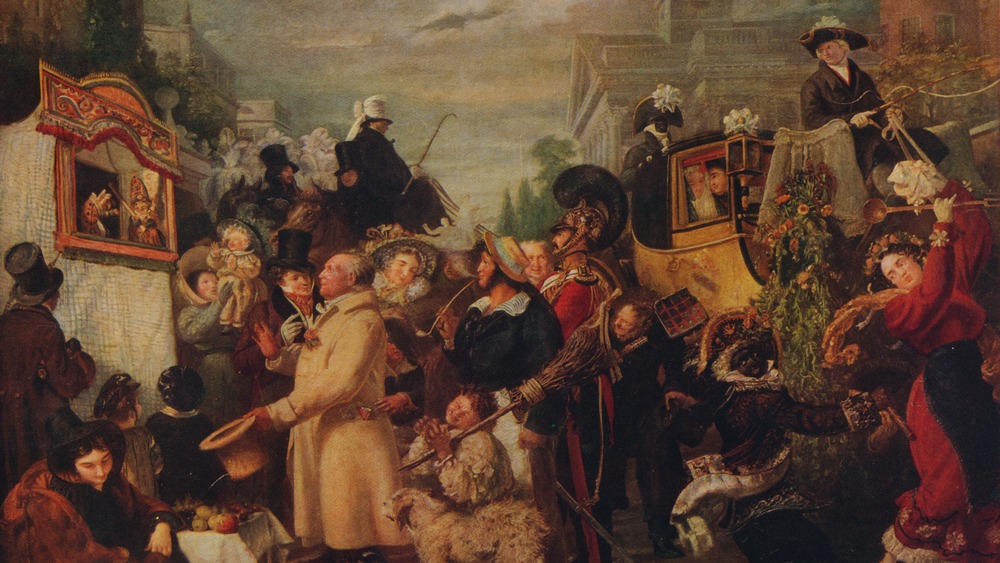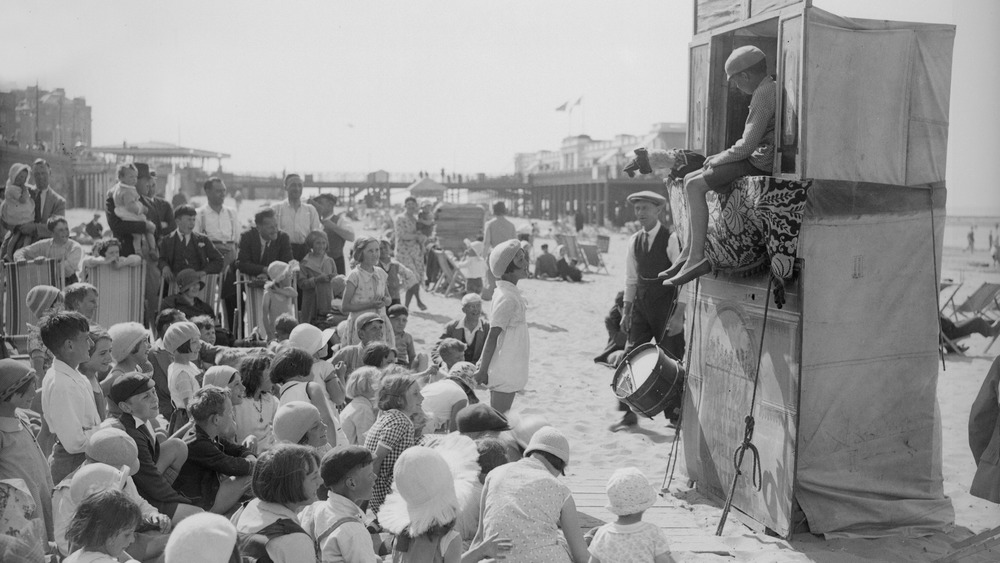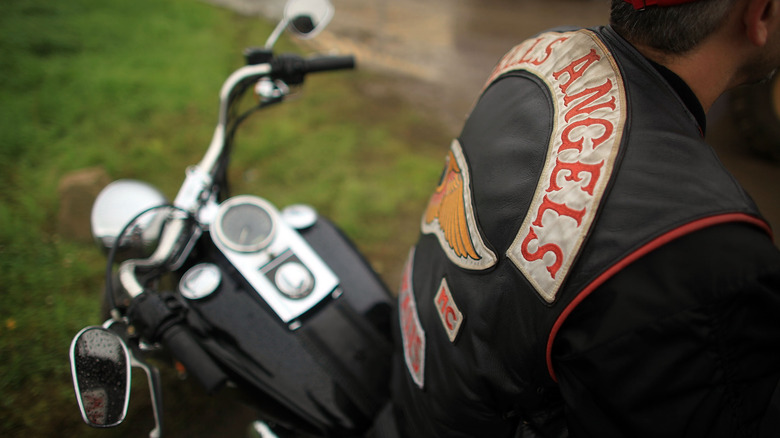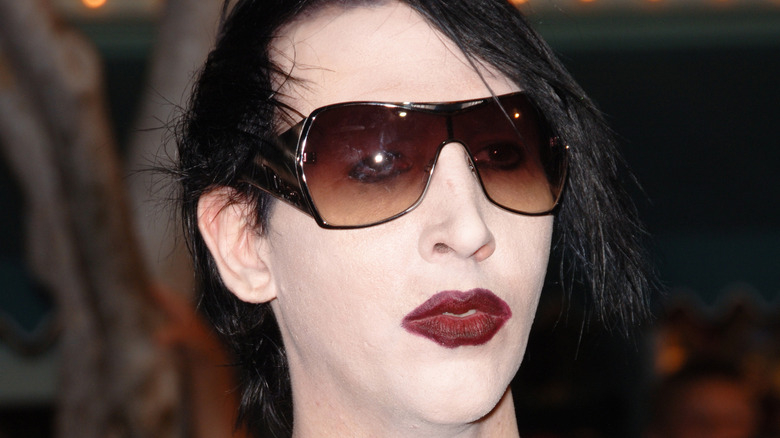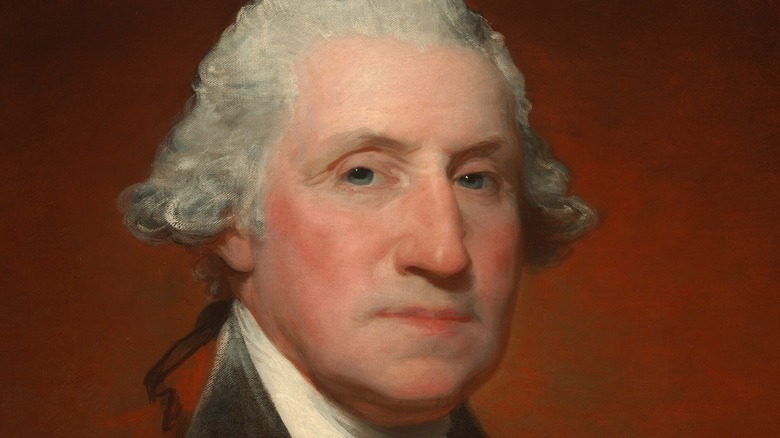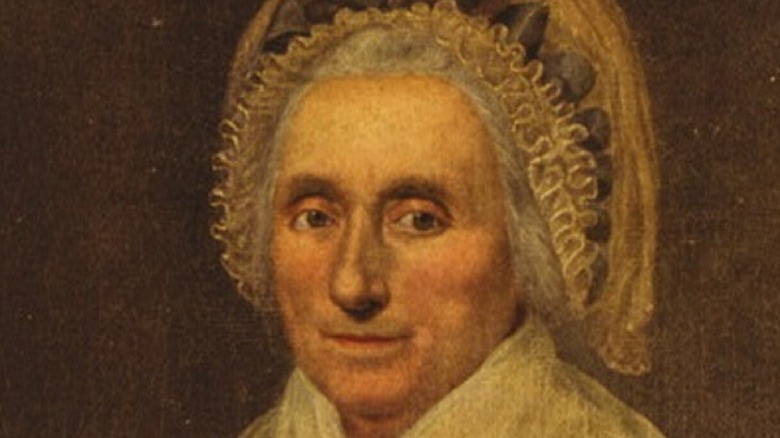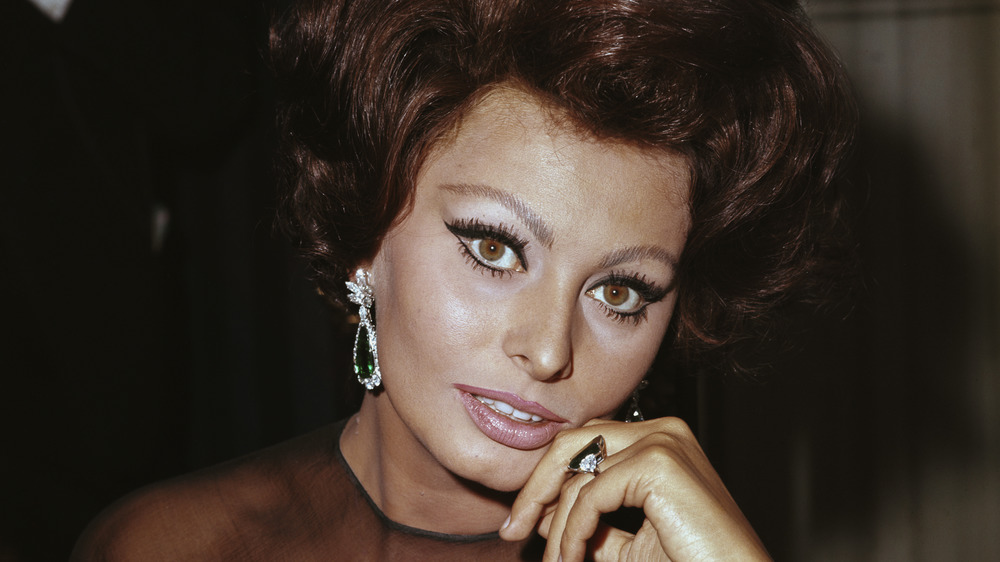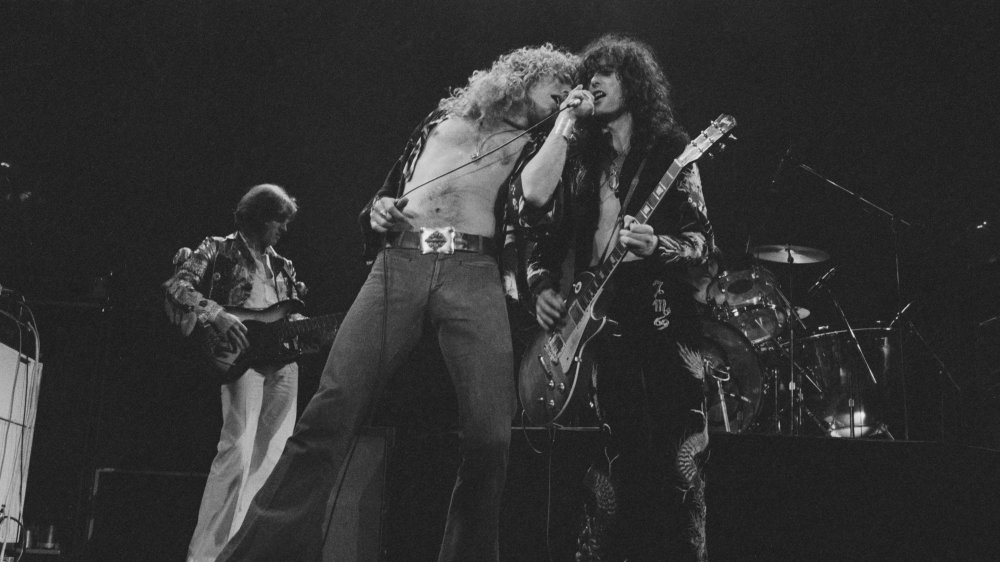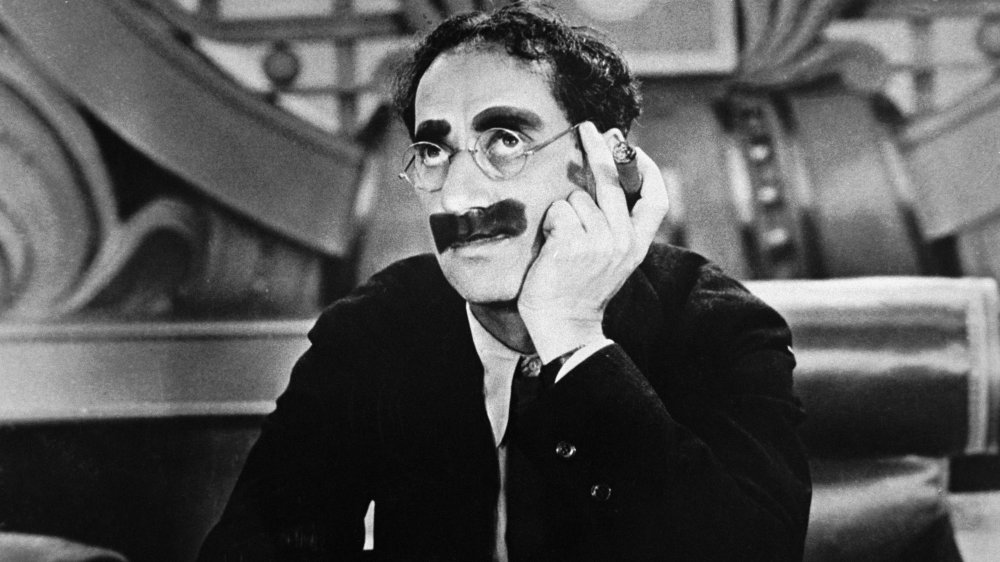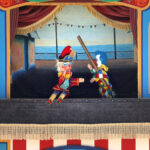
The Untold Truth Of Punch And Judy Shows
Though the stereotype exists that the British generally possess a sophisticated sense of humor, the truth is that as a nation, they have long been in a full-blown love affair with the art of slapstick. From classic routines by Charlie Chaplin and Monty Python to almost every moment of an episode of Mr. Bean, physical comedy and cartoonish violence have remained central to the British brand of comedy right up to the present day. In a 2020 poll, Brits voted for their favorite TV moment. The winner? A scene from the classic British sitcom Only Fools & Horses where the main character, Del Boy, attempts to pose suavely in front of some women in a bar but instead falls through the open bar entry door, per Lad Bible.
Yet, there is one slice of British comedy that is perhaps more revealing than any other: the Punch and Judy puppet show, which can be found at fairgrounds, circuses, beaches, and family resorts even to this day. In case you’ve just heard the name or can only vaguely remember what this show is about, here is a precis, per the Smithsonian Magazine: a mischievous man, Punch, slaps his nagging wife with a stick repeatedly. He attracts the attention of the police, whom he also slaps with a stick. He goes before a judge, who — you guessed it — gets Punch’s slapstick. Finally, Punch meets the Devil himself, though it turns out that Old Nick himself is also ripe for a slapping.
But Punch and Judy can also be dark. Depending on the performance, Punch may beat the other characters to death, while many shows begin with the character wreaking violence on his and Judy’s baby, from sitting on it in “milder” retellings to throwing the infant down the stairs, in scenes which many suggest are actually unsuitable for children.
But where does this strange and relentlessly dark comedy come from?
Punch and Judy shows aren't really British
As reported by the BBC, Punch and Judy shows are seriously retro: more than 350 years old in fact. The rise of the Punch and Judy show can be traced back to the reign in Britain of Oliver Cromwell, who became Lord Protector of the islands in 1653 after the defeat of the royalist forces and the execution of King Charles I. As a Puritan, Cromwell reduced the nation to a cultural desert by banning theaters, public performances, and even Christmas festivities — all of which he deemed to be immoral, per the BBC.
When Cromwell died and the monarchy was finally reinstated, the Smithsonian Magazine reports that it was European entertainers that came to Britain to fulfill the public’s desire for public performance. One show that came to be imported around the time of the Restoration was an Italian puppet show featuring the clown “Pulcinella,” which took audiences — including the famous English writer Samuel Pepys, who recalled the show in his diary — by storm. The British soon “adopted Pulcinella or, after the name was mangled by English pronunciation, ‘Punchinello’; this was soon shortened and Anglicized to just ‘Punch.’ Within a few years, he started to look like the Mr. Punch of today, with the protruding red nose and chin, the garish cap and clothing, and the humped back,” per the Smithsonian.
Punch and Judy shows have always attracted moral panic
But back to the violence. Despite what we see in the headlines, we could hopefully agree that we have, on the whole, become a more humane and caring society since the mid-1600s. As such, the brutally relentless violence of traditional Punch and Judy shows — as cartoonish as it may appear — repeatedly attracts criticism and calls for an outright ban on the 350-year-old show. As recently as 2018, the Independent revealed that a British school had canceled a performance of the show on the basis that it “glorifies domestic violence.” The article reported that the puppeteers blamed “political correctness” for the cancellation and that those who had pulled the show were “killing fun and laughter,” adding that child audiences “all know Mr. Punch is naughty, give them some credit.”
But opposition to the show’s comic violence isn’t anything new, and as such can’t be pinned on modern political correctness. The Smithsonian Magazine reports, for instance, that a show touring the United States back in 1896 troubled one “grave gentleman” in the audience enough that he publicly protested: “It is a shame to show such things to children! How can you expect them to have any respect for the law?”
The article quotes Punch performer and “activist” Glyn Edwards in explaining the show’s singular appeal: that Punch is “flouting society’s conventions so that society can laugh at the absurdities that are revealed.” Despite its critics, most likely Punch isn’t going anywhere.

Norm Macdonald's Tragic Real-Life Story

What Lifetime's Cellmate Secrets Revealed About Casey Anthony
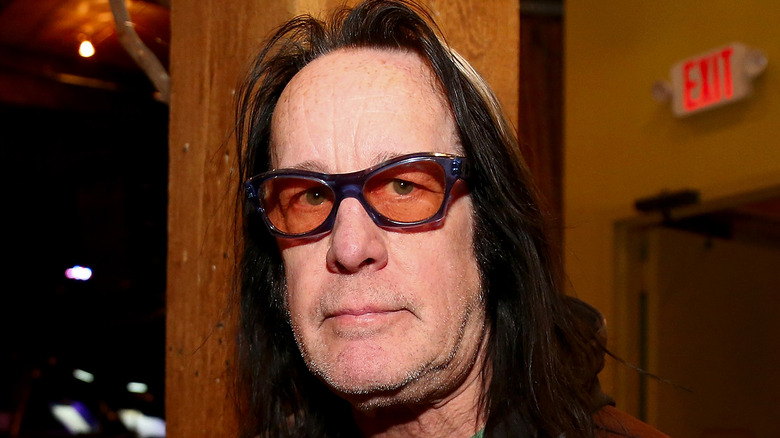
The Truth About Todd Rundgren's Feud With John Lennon

The Fascinating History Of Indonesian Gamelan Music
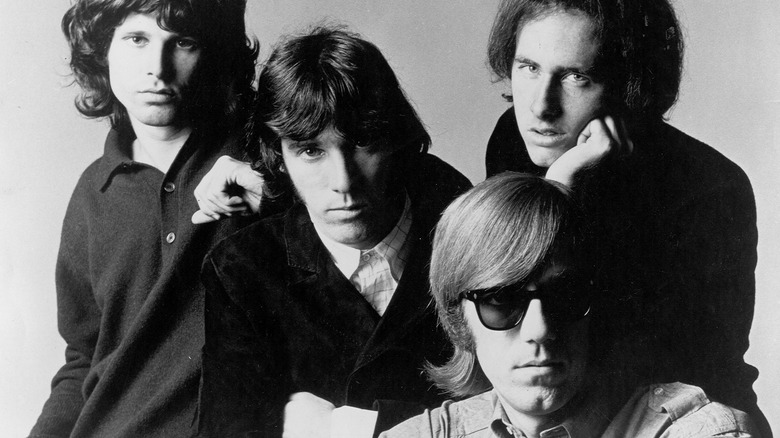
Why The Doors Passed On Playing At Woodstock

What It Was Really Like The Day Kurt Cobain Died In 1994

Here's What You Never Knew About Audrey Hepburn

The Real Net Worth Of Gold Rush's Parker Schnabel

The Unconventional Aftermath Of Gram Parsons' Death

Young Rock: Did A Homeless Man Really Die In Dwayne Johnson's Car?
